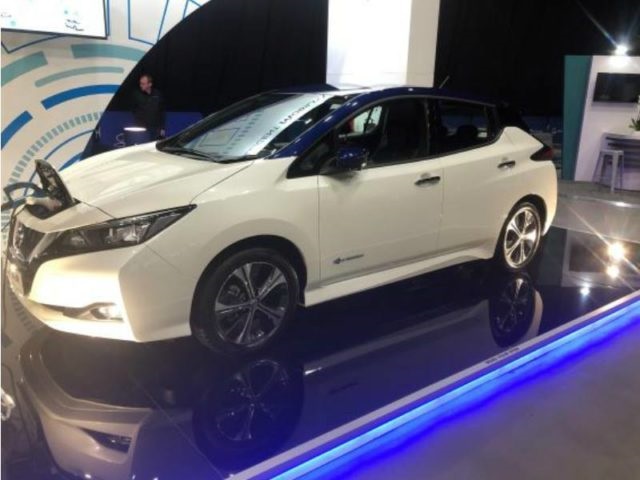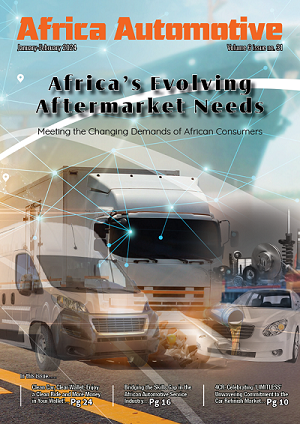Smart mobility, already adopted by major cities globally, is on the emerging markets’ investment agenda for their transportation infrastructure. It has been proven that smart cities are a catalyst for social and economic development where technology has been used to deliver quality service that does not cause harm to the environment culminating ultimately to a better quality of life.
The World Bank reports that, “a country’s growth of measured gross domestic product is directly reduced by poor public transport infrastructure”. Emerging markets are now required to rethink their transportation systems and investigate new ways of planning and providing transport systems.
Smart mobility market in South Africa
The National Association of Automobile Manufacturers of South Africa (NAAMSA) noted that 2015 saw the adoption of 1.5 million electric vehicles and plug-in hybrids worldwide, about 0.1% of cars on the roads globally.
By 2040, this number will skyrocket to 35% of all cars on the road. Africa is urbanising faster than any other continent, at a rate of 4% every year, compared to the global average of 2%. Its rapidly growing urban population continues to strain existing infrastructure – transport and energy.
“To accelerate the adoption of smarter mobility across the continent, we are launching the inaugural Smarter Mobility Africa summit at the Sun Arena at Time Square on 1 and 2 October 2019,” says Ben Pullen, Co-founder and CEO of Generation.e.
Not only is this the first Smarter Mobility Summit but Generation.e will also be launching the Electric Vehicle Road Trip Africa (EVRT Africa), which will see 12 state-of-the-art vehicles set out on an unprecedented road trip from Johannesburg to Cape Town over eight days to demonstrate that it is, in fact, possible to adopt intelligent mobility.
Electric vehicle innovation
In the coming decades, it won’t be a question of if the public will adopt EV, but when.
As a pioneer in the automotive innovation space, Nissan joins other original equipment manufacturers (OEM) at the South African Department of Transport’s Smarter Mobility Conference being held in Gauteng on October 1-2. The event brings together mobility thought leaders from business and governments to discuss how the transition to electric and smart mobility can be accelerated.
Nissan was the first OEM to introduce an electric vehicle into South Africa; the Nissan LEAF in 2010. The latest version of this electric vehicle supports Vehicle-to-Grid technology (V2G). Nissan Energy is a flexible solution combining second life Nissan LEAF batteries and solar panels to generate sustainable power.
“Nissan is committed to its sustainable development goals. We have worked with Filadelfia School in the community of Soshanguve to improve its access to reliable electricity and increase its use of renewable energy,” says Kabelo Rabotho, Marketing Director Nissan South Africa.
Source: ESI





